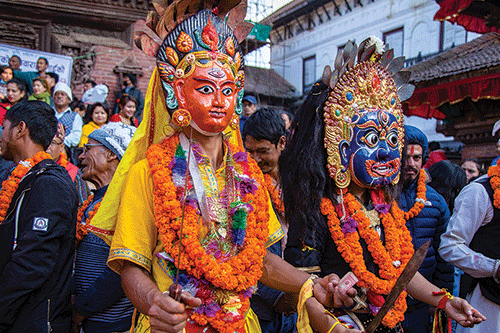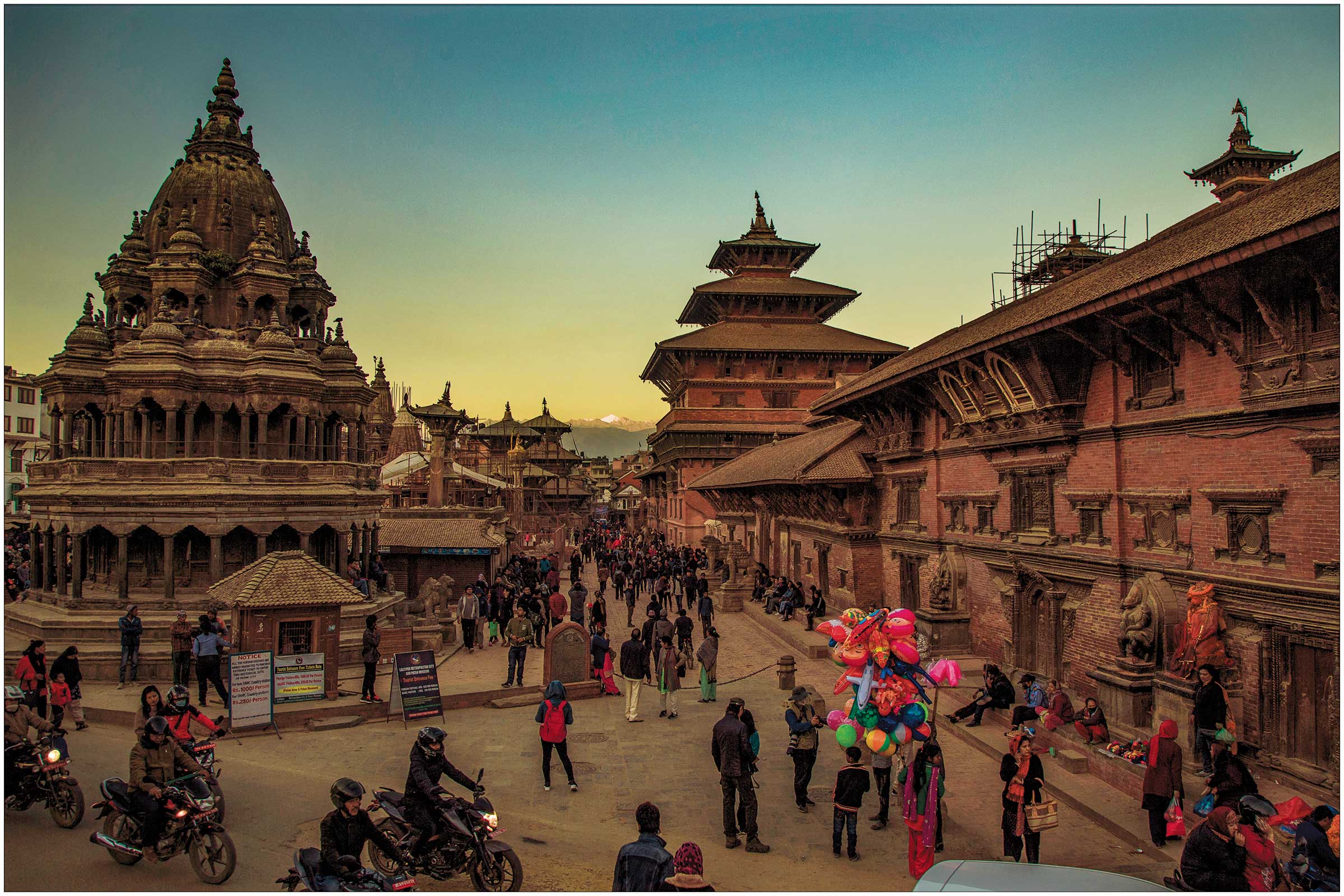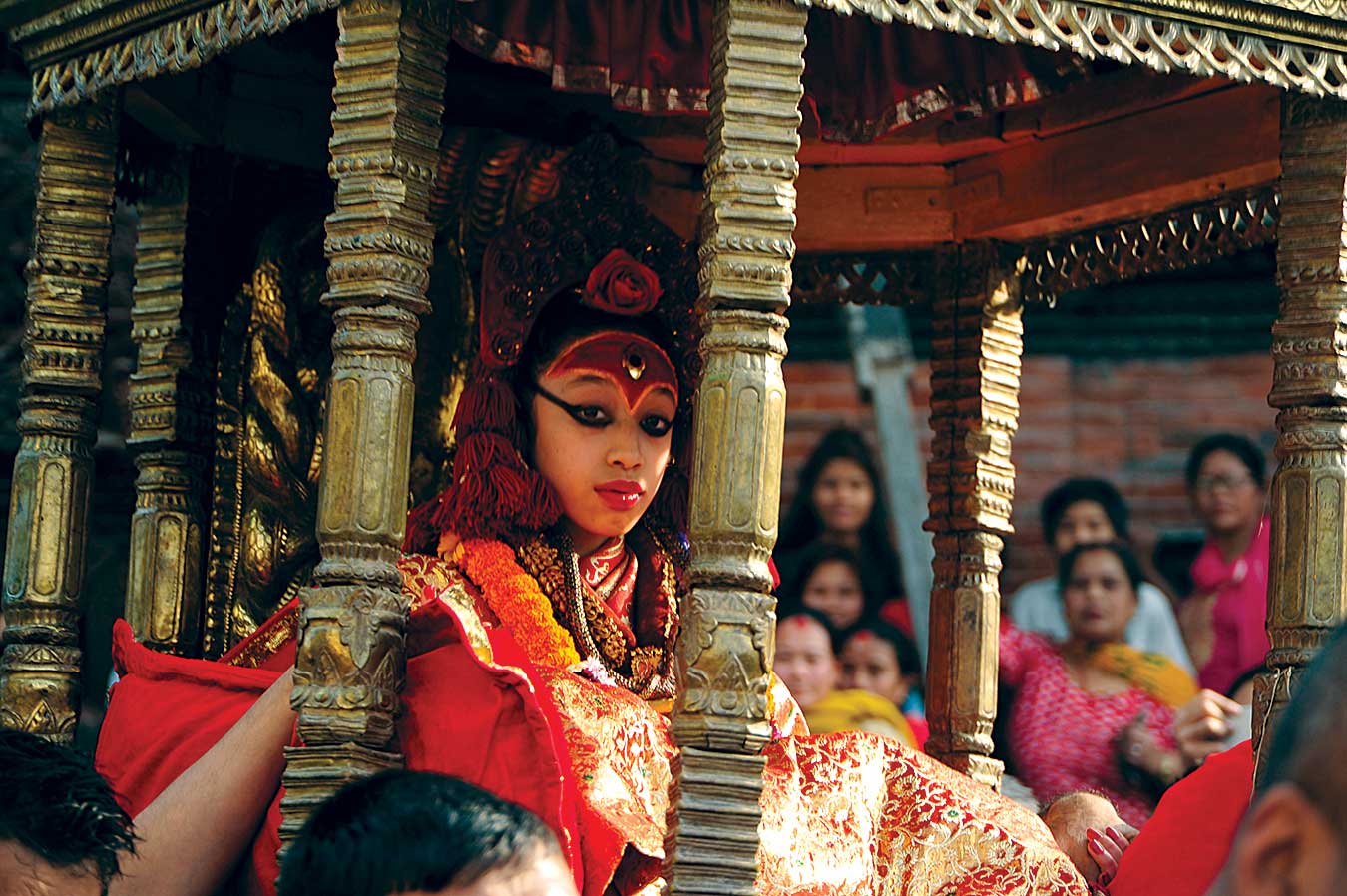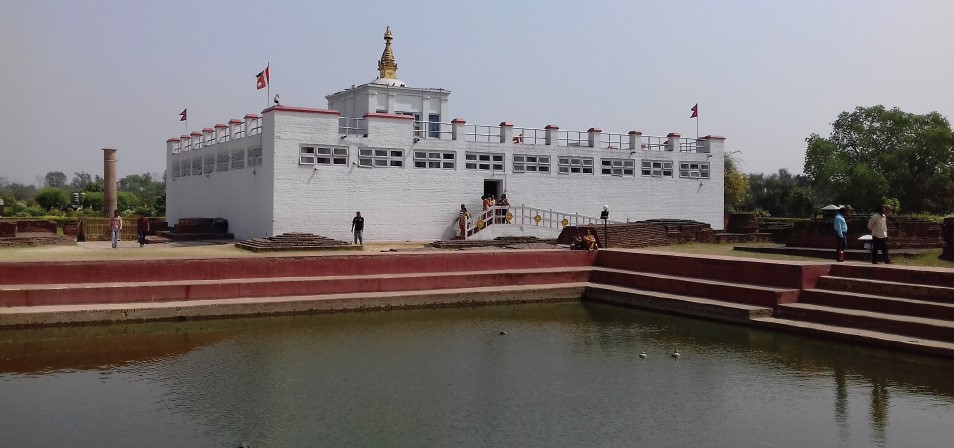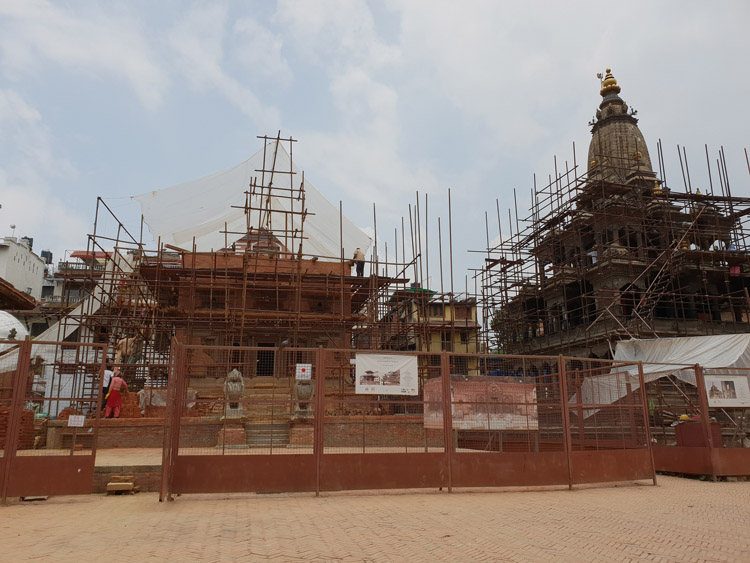Chisapani is not the most spectacular destination, but it’s a good substitute.
After half a day’s walk from Sundarijal, the houses of Chisapani appear. Chisapani is on one of the most popular trekking trails, one that runs to such revered destinations as Gosainkunda and the picturesque landscapes of the Langtang National Park. So most trekkers pass through Chisapani during the trekking season, when the weather is clear. And when the weather is clear, Chisapani is dwarfed in every way possible. Mountains, so near that they appear like a life-sized poster, loom behind the town. The town is no match for such a sight: The best view is from a few minutes out of town; the bigger thrill is beyond it.
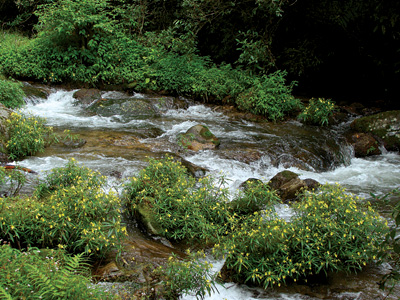 Chisapani knows where it stands. And it has accepted its place graciously. Knowing that it is not a destination but a town beside the trail, Chisapani has grown around the idea of catering to the needs of trekkers. It has no ambitions. I recently went to Chisapani after four years and in those years not one new hotel has been opened. Some of the old hotels have added a storey or two. It is as if the town is encouraging the trekker only to stop for a snack, and then to carry on. Chocolate bars take up a great portion of shelves in Chisapani: the town hopes to sell energy more than rest or languor.
Chisapani knows where it stands. And it has accepted its place graciously. Knowing that it is not a destination but a town beside the trail, Chisapani has grown around the idea of catering to the needs of trekkers. It has no ambitions. I recently went to Chisapani after four years and in those years not one new hotel has been opened. Some of the old hotels have added a storey or two. It is as if the town is encouraging the trekker only to stop for a snack, and then to carry on. Chocolate bars take up a great portion of shelves in Chisapani: the town hopes to sell energy more than rest or languor.
Desires are whetted, not satiated, in Chisapani. It is like a base camp on a mountain. People come to it for various reasons: some are there to rest before moving on; others are there to acclimatize; many visit only because they have not the time, ability, or means to go further. In Chisapani, one is always looking into the distance or looking forward to something. You may not go any further from there, but you plan to the next time. Dreams are dreamt from here—dreams about some other place.
Chisapani has no dreams of its own. It is not a charming place by any means. But its nonchalance is engaging. There is a snooker parlor in Chisapani, a sign that the place has acquired something from outside. When I was in Chisapani, a goat had given birth on the lawn of a hotel opposite to the snooker parlor. The goat had spent the night beside a tent in which tourists were staying. Scenes thus juxtaposed make Chisapani look like a demonstration town, like everything is an exhibition. Even after years of tourists passing through (and also staying), Chisapani seems an ad hoc town, as though it were hastily put together for tourists. Chisapani exists to serve tourists, but it hasn’t abandoned its rural roots. There is space in Chisapani for tourists to pitch tents and for goats to give birth. ■


